UNI switched from Pepsi to Coke
Over the summer, UNI switched from serving Pepsi products on campus to Coca Cola products.
Aug 27, 2018
Students and faculty back on campus this fall may have noticed a significant change, specifically in the dining centers, vending machines and food courts.
Over the summer, UNI switched from carrying Pepsi products to Coke products.
While many students and faculty members saw this change as an improvement, others who preferred Pepsi were left to question why the change was made.
James Tanzosch, procurement services manager at UNI, was able to provide information as to why the change was made.
“We had a contract with Pepsi previously, and then that contract expired on June 30,” said Tanzosch. “I think the previous contract was good for five years and then we renewed it for another five years.”
Tanzosch and his committee did some digging to analyze the environmental impact of drink product and recycling programs on other universities’ campuses.
“We had some research opportunities where we looked at schools like Missouri State, New York and other types of schools that are comparable to UNI,” said Tanzosch. “We looked at a broad range of contracts to see what was happening.”
According to Tanzosch, eco-friendly bottles and products were a significant factor in the decision to switch to Coca-Cola. The costs and benefits were taken into account when deciding which company would be the best match for UNI.
He attended a research class to find out what students were looking for. He discovered that students are no longer just looking for a fountain drink. Instead, students are more drawn to energy, health and coffee-type drinks.
“The student body president was on our committee, so we relied on him to give us a lot of input as far as what students would be looking for,” said Tanzosch. “One of the things I tried to do was reach out and ask students what they were really interested in.”
According to Tanzosch, those types of drinks ended up being much more important to students than he had originally thought and Coke ended up being more desirable for UNI because of the wider variety of options provided.
A few students on campus noticed the change.
Alexis Bowers, a junior education major, was pleased to see that the change from Pepsi to Coke was made, and wishes UNI would have switched earlier.
“I feel like Coke has a lot more options to choose from, which I’m excited about,” said Bowers. “It gives students on campus a variety of options to choose from. If someone wants a healthy drink, they have more choices now.”
Junior psychology major Emily Lovell wishes that UNI would have kept a contract with Pepsi.
“I grew up always getting Pepsi products and ordering them at restaurants, so having those options on campus was nice,” said Lovell. “I was surprised to see that the vending machines had switched to Coke when I came back to campus.”
When asked about the health benefits of certain Coke products over Pepsi products, Lovell responded that students should be able to choose which brand they prefer in the form of a dual contract.
“I think students should be allowed to choose if they want to get a Coke or if they want to get a Pepsi,” said Lovell. “If someone wants to drink healthy drinks or energy drinks, it would be nice to have access to both brands on campus.”
Tanzoch and his committee plan to continue conducting research to see how the new Coke contract affects students on campus this school year.


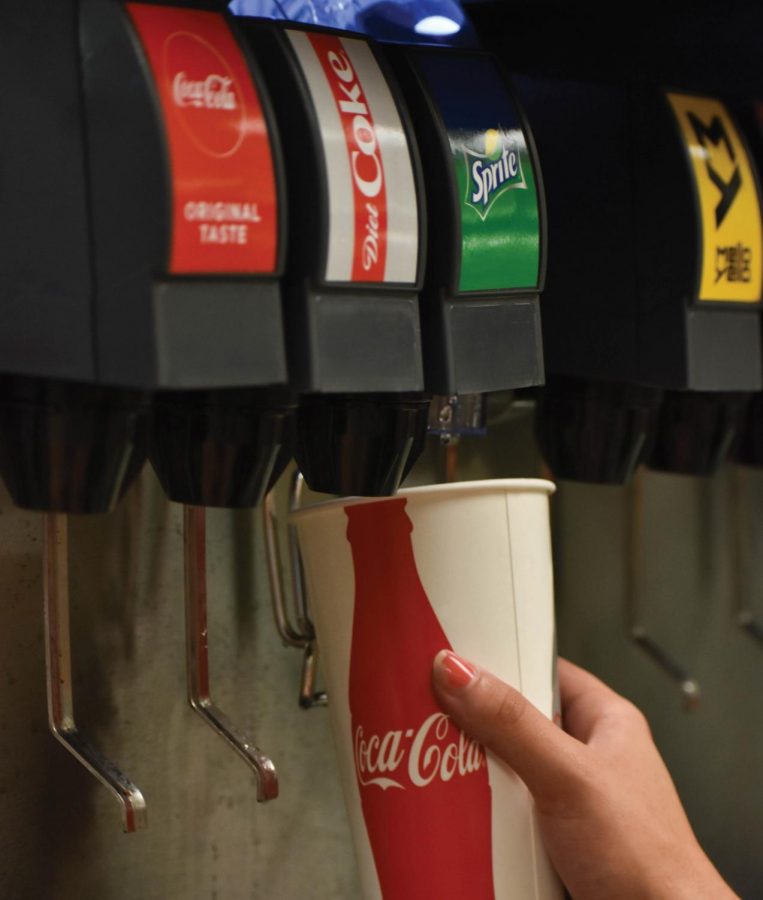









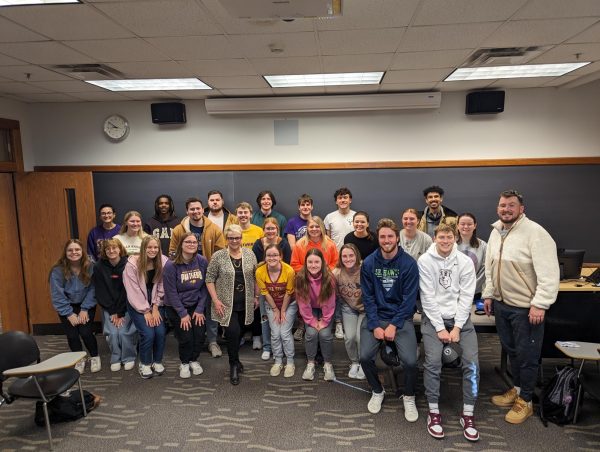
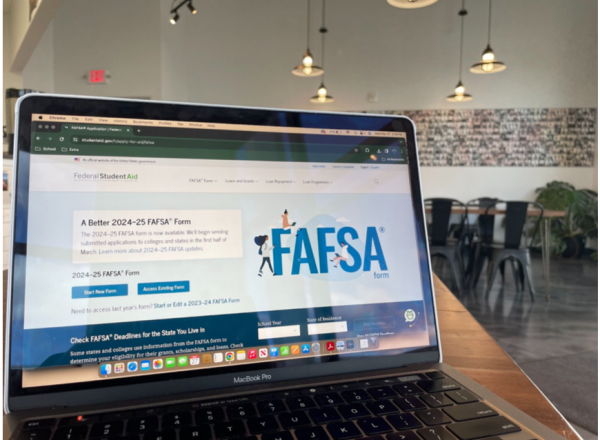
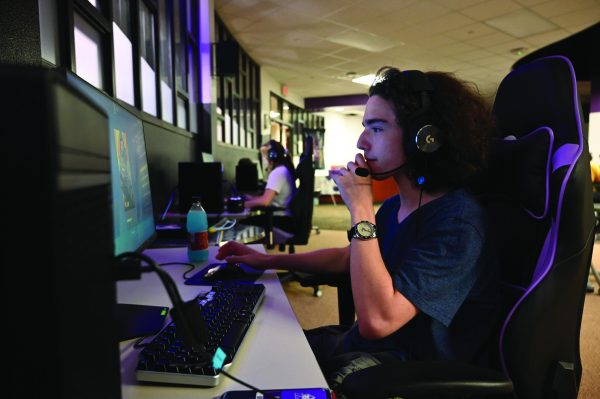
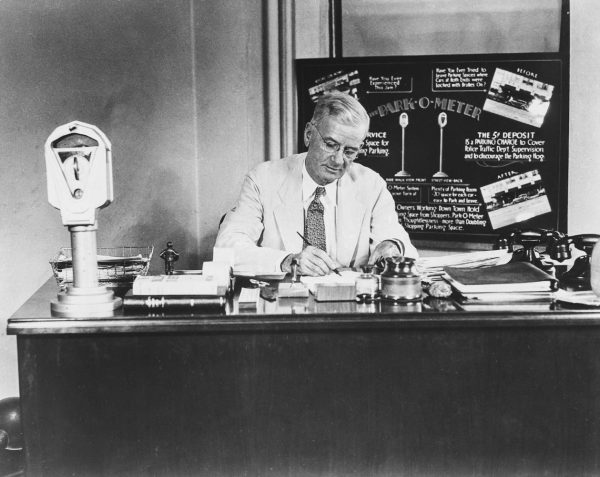

Edward Champlin • Aug 31, 2018 at 2:46 am
Coca Cola is by far the best choice !! Best Taste and also the best products for caffeine free !! Coke has always been untouch with children’s activities and they provide a large spectrum of Sports equipment .